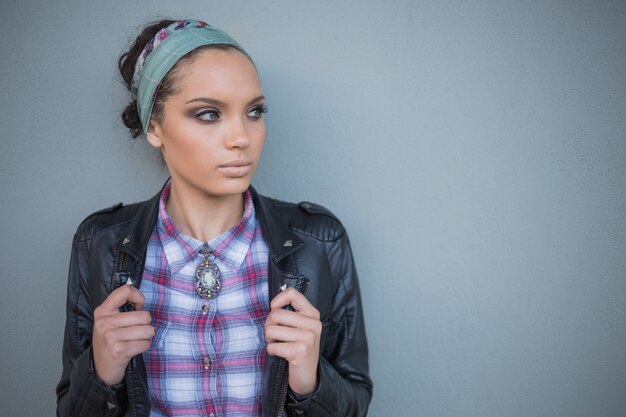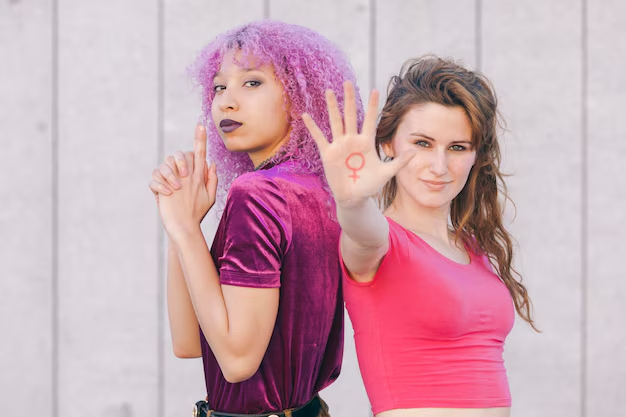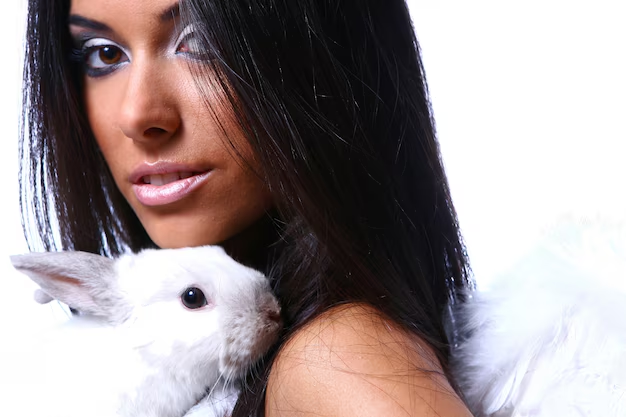Ariana Grande blackface has become a topic of heated debate in recent years. Many fans and critics alike have raised concerns about the way the pop star appears to alter her image and how it relates to black culture. While Ariana has never openly claimed to be black, some of her fashion choices, makeup, and even the way she speaks in certain songs have led people to accuse her of “blackfishing”—a term used to describe someone who uses makeup and style to appear black or racially ambiguous.
This issue is particularly sensitive because it touches on the broader problem of cultural appropriation. When celebrities like Ariana Grande adopt elements of black culture without truly understanding or respecting its history, it can cause harm. People feel frustrated because it seems like they’re taking from a culture without ever having to deal with the struggles that come with being part of that culture. In this post, we’ll dive deeper into the Ariana Grande blackface controversy and explore how it reflects larger issues of race and identity in the entertainment industry.
Understanding the Ariana Grande Blackface Controversy: What’s Really Going On?

The term Ariana Grande blackface has become a popular topic, especially after people began to notice the way she presents herself in the media. The issue isn’t about Ariana claiming to be black; instead, it’s about how her look and style sometimes seem to borrow from black culture. This has led to accusations of “blackfishing,” where people are said to be using makeup, clothes, and even their voices to appear as if they belong to a different race, often without truly understanding or respecting the culture.
Ariana Grande is known for her signature style, which includes a darker tan and certain hairstyles that many believe are influenced by black culture. While she has never said she’s black, her appearance sometimes causes confusion. People wonder if she is trying to appear more racially ambiguous to connect with a wider audience. The concern is that she profits from these choices while not facing the same challenges as black people.
The controversy grew when Ariana was included in playlists that featured Black Lives Matter and Black History Month. She was put next to well-known black artists, which some felt was unfair. They argued that it allowed a white woman to benefit from cultural trends and racial ambiguity, while actual black artists often struggle to gain the recognition they deserve.
How Ariana Grande’s Makeup and Style Fuel Blackfishing Accusations
Ariana Grande blackface accusations have mainly come from how she changes her appearance to appear darker. Over the years, Ariana’s skin tone has visibly darkened in photos and videos. While a tan is common, some people feel that her appearance seems to mimic black people’s features. Critics argue that this isn’t just about sun-kissed skin, but about appearing racially ambiguous for personal and career gain.
- Makeup choices: Ariana’s makeup has often been linked to the idea of blackfishing. Her use of bronzers and highlighters seems to alter her skin tone, making her look darker than her natural complexion. This has led to accusations that she’s trying to look like someone she isn’t.
- Hairstyles: Ariana’s hair also plays a part in the controversy. Many of her hairstyles, such as long curls or braids, are popular among black communities. These are often seen as part of black culture, and some argue that Ariana wears them without giving proper credit.
Though Ariana’s style and look have always been a key part of her identity, it’s important to think about how these changes may affect the perception of race. Critics feel that when white celebrities, like Ariana, adopt these looks, they sometimes benefit from the respect and attention given to black culture without facing the same struggles.
Cultural Appropriation vs. Cultural Appreciation: Where Does Ariana Grande Stand?

When we talk about Ariana Grande blackface, it’s important to distinguish between cultural appropriation and cultural appreciation. Cultural appropriation happens when someone from a dominant culture adopts elements from a marginalized culture, without understanding its significance. In Ariana’s case, this would mean adopting black culture in ways that may seem disrespectful.
However, cultural appreciation is different. It’s when people take an interest in a culture and respect its history. The problem arises when people, especially celebrities, take from a culture but do not give credit or even acknowledge the struggles that come with it. Ariana Grande has faced criticism for this, as her career often benefits from trends that are rooted in black culture.
In Ariana’s case, her popularity seems to rise when she embraces styles and looks associated with black culture. This is why people accuse her of cultural appropriation, because she doesn’t seem to understand the history behind these choices. While it’s not wrong for a person to be inspired by another culture, it becomes problematic when it is used to gain popularity or make money, especially when that person isn’t from the culture they are borrowing from.
Ariana Grande Blackface and the Problem of Racial Ambiguity in Media
Ariana Grande’s case highlights a much bigger issue: racial ambiguity in media. Racial ambiguity refers to a look or style that doesn’t clearly align with one specific race. Many celebrities, including Ariana, have been accused of leaning into racial ambiguity to fit into multiple racial or ethnic categories, making it harder for fans to define their true identity.
- Ariana’s image evolution: Over the years, Ariana’s appearance has changed, and many people feel she’s used these changes to appeal to a broader audience. From lighter skin to a darker tan, her image seems to fluctuate depending on the context and what she’s promoting.
- Audience perception: Racial ambiguity in the media often makes it easier for celebrities to avoid dealing with the struggles that come with being a person of color. By changing their appearance, these celebrities gain access to certain advantages, such as sponsorships and media attention, that people of color often don’t have.
When celebrities like Ariana choose to appear racially ambiguous, they sometimes take advantage of a system that benefits them because they can “pass” as a different race. While this may seem harmless to some, it can be problematic because it minimizes the real challenges that people of color face in the entertainment industry.
Does Ariana Grande Profit from Black Culture? A Critical Look at Her Career Choices

There is an ongoing debate about whether Ariana Grande blackface accusations are linked to her ability to profit from black culture. Some argue that by adopting certain elements of black culture—such as her darker skin, the way she talks in her songs, and her fashion choices—Ariana has been able to gain more attention and, by extension, more opportunities.
By using these elements, Ariana has attracted a wide audience, many of whom may view her as someone who belongs to multiple cultural worlds. This is where the controversy comes in: critics say that Ariana is benefiting from these cultural markers without acknowledging the history and struggles that come with being a person of color. People argue that this creates an unfair advantage for her, compared to actual black artists who face discrimination and challenges.
In the end, the issue is about fairness and respect. Celebrities like Ariana need to understand that their career choices and the way they present themselves can have a profound impact on how different cultures are viewed. If they profit from those choices, it’s important that they acknowledge where those influences come from, and give credit where it’s due.
Conclusion:
The Ariana Grande blackface controversy highlights important issues about race, cultural appropriation, and how celebrities present themselves. While Ariana Grande may not openly claim to be black, her changing appearance and adoption of certain cultural elements have led many to feel that she is profiting from black culture. It’s important to think about how these choices can impact the way people of color are seen and treated in the media.
Ultimately, this controversy helps us understand the difference between appreciating another culture and taking from it without respect. As fans, we should support artists who are open about their influences and acknowledge the histories behind the styles they borrow. Celebrities, like Ariana, have a responsibility to make sure they are not causing harm while also celebrating different cultures in a thoughtful way.




